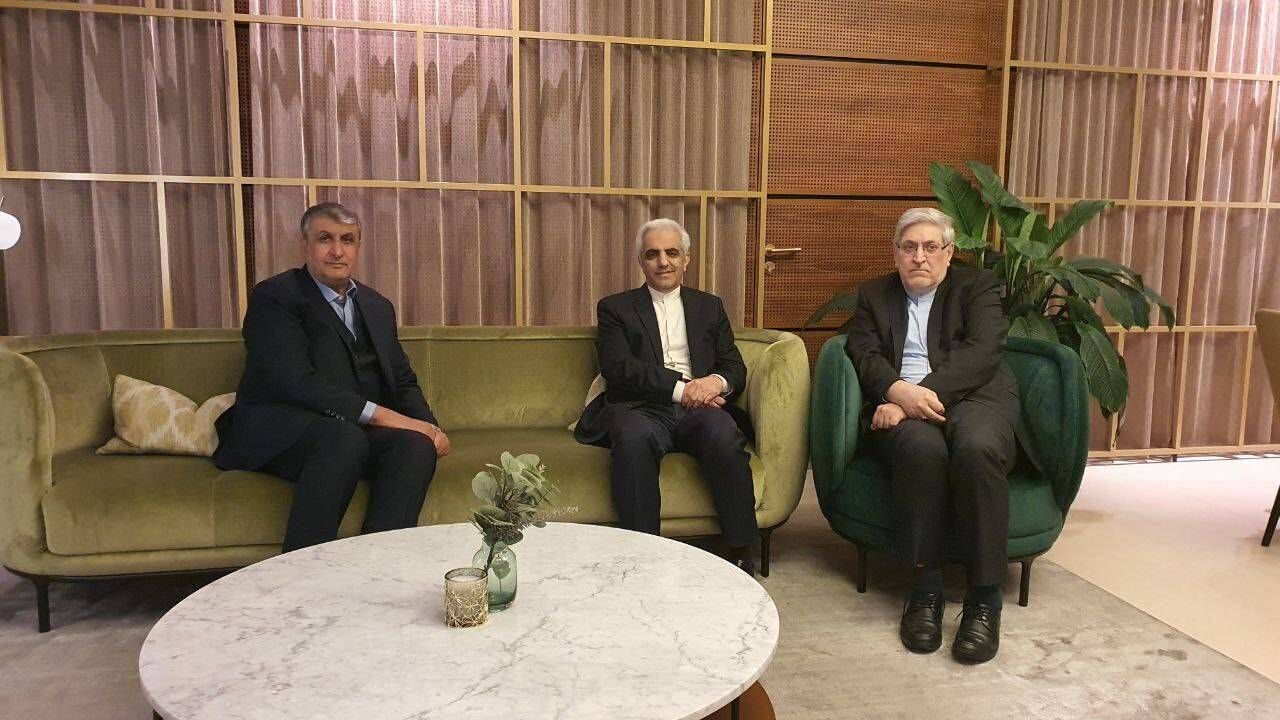Iran’s top nuclear official arrives in Vienna

TEHRAN – Mohammad Eslami, the head of the Atomic Energy Organization of Iran, has traveled to the Austrian capital on Sunday to take part in a conference organized by the UN nuclear watchdog.
The 67th Regular Session of the International Atomic Energy Agency (IAEA) General Conference will be held from 25 to 29 at the Vienna International Centre (VIC).
Eslami is expected to deliver a speech at the conference on Monday morning, according to Iran’s state news agency IRNA.
Also, the head of the AEOI will hold a meeting with IAEA Director-General Rafael Grossi and pay a visit to an Iranian nuclear exhibition in Vienna. He is also expected to meet the nuclear officials of other countries.
Eslami’s trip to Vienna comes amid differences between Iran and the IAEA over cooperation. Recently, the IAEA said Iran withdrew the designation of “several experienced Agency inspectors” and barred them from conducting inspections.
Iran’s Foreign Ministry Spokesman Nasser Kanaani has reacted to the statement by Grossi on the Islamic Republic of Iran’s move to withdraw the designation of a few experienced inspectors of the agency.
Kanaani said, “Unfortunately, despite the Islamic Republic of Iran’s positive, constructive and continuous interaction with the agency, three European countries and the United States, within their excessive demands, took advantage of the atmosphere in the Board of Governors for their own political goals with the aim of ruining the atmosphere of cooperation between Iran and the agency,” according to a statement by the Iranian foreign ministry.
He added, “Iran had already raised the alarm over the repercussions of such political abuses, including attempts to politicize the atmosphere of the agency.”
The spokesman for the Iranian diplomatic service emphasized that the recent move by Iran was based on its sovereign rights stipulated in Article 9 of the Comprehensive Safeguards Agreement between Iran and the IAEA (INFCIRC 214).
He said the Islamic Republic of Iran expects Western countries to refrain from the policy of abusing international organizations, including the IAEA, and let the organizations carry out their professional and impartial activities away from political pressures.
